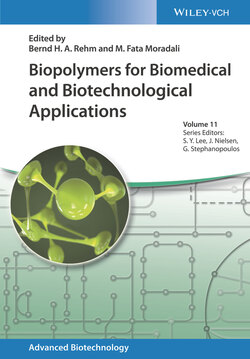Читать книгу Biopolymers for Biomedical and Biotechnological Applications - Группа авторов - Страница 41
Effect of Polysaccharides in T, B, D, and NK Cells
ОглавлениеDCs are the most efficient cells in delivering antigens to T cells and expressing several co‐stimulatory molecules that led to their activation. When activated, T cells are target specific and highly efficient in tumor treatment [194]. PCEPS, an EPS produced by Parachlorella kessleri, inhibited cell growth of both murine and human colon carcinoma cells. Moreover, PCEPS stimulated the growth of splenocytes and bone marrow cells, increasing specific subpopulations of the cells, namely, CD19+ B cells, 33D1+ DCs and CD68+ macrophages, and CD8+ cytotoxic T cells. In a murine colon carcinoma peritoneal dissemination model with syngeneic mice, the polysaccharide attenuated tumor growth. These results suggest that PCEPS has both direct and indirect tumoricidal activity, respectively, via inhibiting cell growth and stimulating the host immune responses [76].
